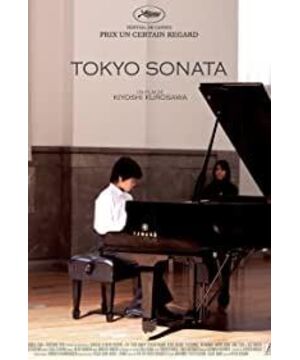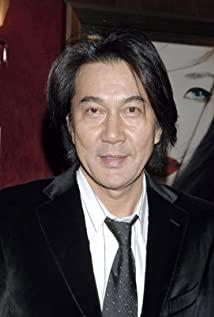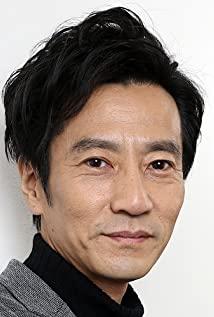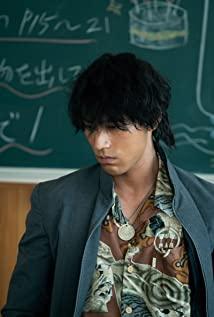This "Tokyo Sonata" has a very strong era background compared to the previous popular "The Undertaker", reflecting the crisis encountered by ordinary families under the economic crisis.
Benedict analyzed Japan's "shame" culture long ago. The Japanese, especially Japanese men, are one of the hardest working species in the world. Many Chinese men envy Japanese men's position of authority at home (wife not working, being a full-time housewife), but they never imagined that this position of authority is accompanied by greater and heavier responsibilities. Therefore, the male protagonist in the film did not dare to tell his wife after losing his job. Another unemployed person in the same situation could not stand the pressure and finally turned on the gas and committed suicide. The pinnacle of the film is that the hero finds a job as a cleaner after losing his job. He is hit by his wife while cleaning in a shopping mall by accident, and escapes in despair. The shame that this positive "debunking" gave him was enough to drive him crazy. A man can no longer maintain his traditional "majesty", which is based entirely on the sense of power brought about by his social status.
The male protagonist in "Tokyo Sonata" finally accepted the "fall" from a company white-collar worker to a cleaner, and the male protagonist in "The Undertaker" finally made his family understand his transformation from a cellist to a funeral director. It is the profound transformation of individual identity under the economic crisis and the collapse of the patriarchal family under this special period.
Of course, this collapse isn't a bad thing. In traditional East Asian culture, the husband is the head of the family and the one who issues orders. And the order is one-way, even arbitrary. The wife is the maintainer of the family order, she connects the husband and the children, in this hierarchical order, she helps the children express their demands, but has to obey the husband's decision. When there is a problem with this communication, the wife is the biggest worry. For example, the eldest son in the film is going to join the army in the United States, and the younger son is going to learn the piano. The father does not agree. This kind of tension affects the mother the most. Therefore, later, the eldest son was sent to the Iraqi battlefield where his life and death were uncertain, the younger son was rudely pushed down the stairs by his father, and his husband's authority suddenly collapsed, and his sense of majesty disappeared. At this time, as the guardian of family meaning The mother also broke down. Then came the escape of the mother, whose sense of identity and meaning had been lost, so the obligation to maintain the family had no effect on her.
Of course, at the end of the film the family sits together again, which gives us a little consolation. After everyone has experienced escape and transformation, acceptance of existing facts becomes the driving force to continue living. At the end, the young son's gifted performance (again, "Moonlight Song"), like the moonlight that dispels the darkness, heralds the hope of a new life.
The kind of silence in Japanese movies adds to the heaviness of life. As a metaphor says, now we are all running desperately for fear of being thrown out of the crowd one day. But still someone was thrown out of his original team. He either continued to run with the people behind him, or simply gave up the desire to run. In the face of such a rapidly advancing society, many people choose another life, such as leaving the big city and going to their hometown to complete their original life wishes (Satoshi Kuramoto's "Tender Moment"); some people choose revolutionary roads (Sam Mendes) , but the revolution eventually failed due to the conservative nature of the family itself, and eventually the family was destroyed. It is always the little people who bear the cost of a society's transformation.
View more about Tokyo Sonata reviews











